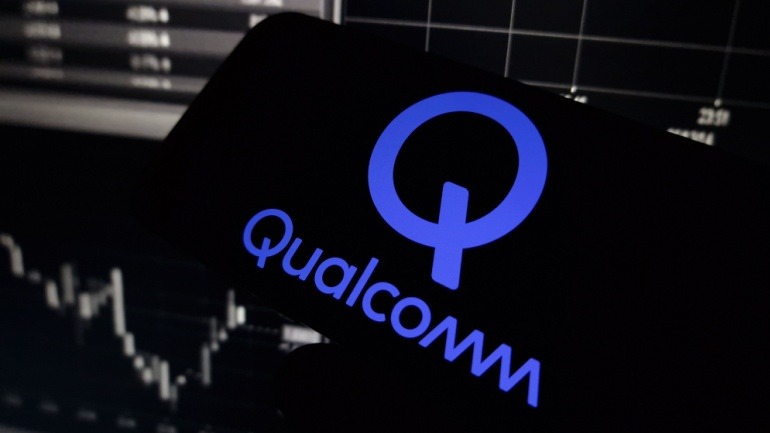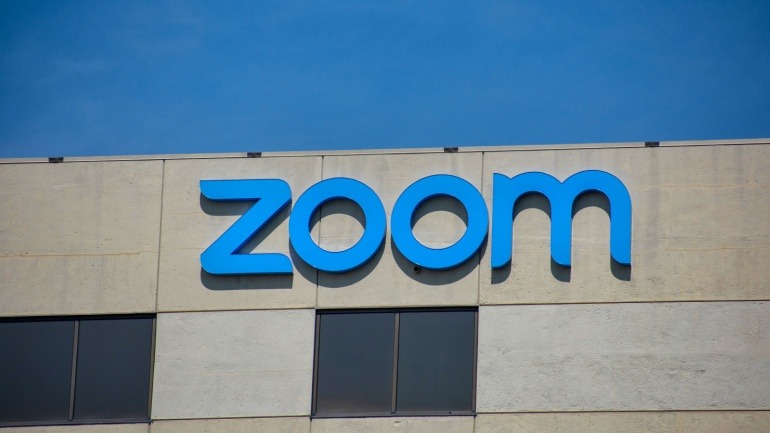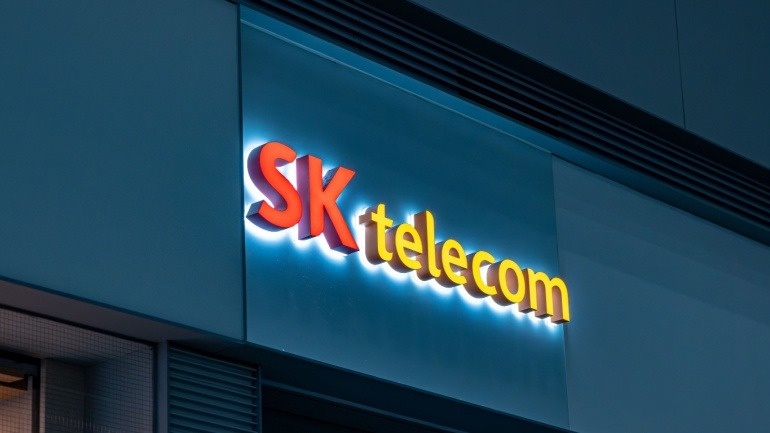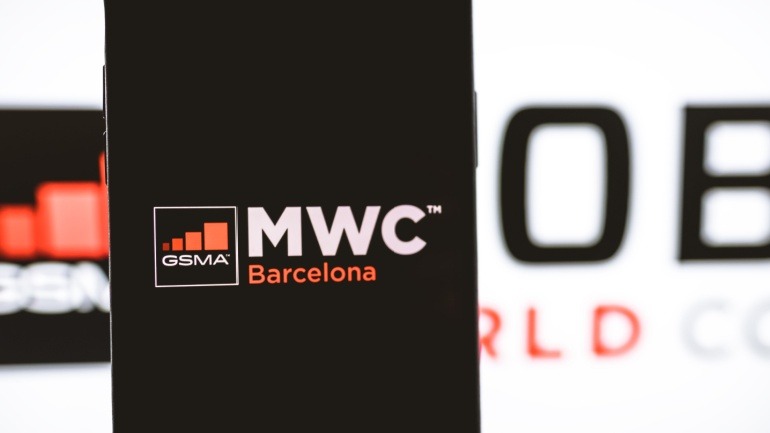As wireless technology advances, Qualcomm is at the forefront of the 6G revolution, showcasing cutting-edge solutions at Mobile World Congress 2026. Key innovations include AI-native systems, digital twins, and enhanced RF performance, all designed to augment network efficiency and user experience. Qualcomm’s commitment to intelligent, adaptable 6G solutions promises a transformative impact on global connectivity.
As the UK gears up for the PSTN switch-off in January 2027, the demand for cloud-based VoIP solutions is surging. This pivotal transition signifies a lucrative opportunity for channel partners poised to modernize communication infrastructures. With businesses seeking seamless integration of communication tools, replacing legacy systems with VoIP is crucial.
In recent tech news, Zoom has made significant strides by evolving from a pandemic video tool to a robust enterprise platform. With an expected $5 billion revenue milestone by FY27, Zoom is becoming a crucial operating system for businesses. Their telephony success challenges industry giants, showcasing reliability in enterprise settings. AI integration fuels Zoom’s growth, with customers embracing AI tools for seamless workflows. As enterprises shift towards unified communication platforms, Zoom’s holistic approach is transforming business communications. IT leaders must reconsider if transitioning to Zoom outweighs traditional systems.
Explore how the fusion of AI and IoT is revolutionizing connectivity with floLIVE’s innovative approach. By offering a scalable, secure connectivity network tailored for IoT, floLIVE tackles traditional challenges like roaming restrictions through its cutting-edge multi-IMSI eSIM platform. Discover a future of IoT connectivity that’s both reliable and efficient.
American Tower predicts that by 2030, network capacity will need to double to accommodate the increasing demand driven by 5G and AI advancements. Steven Vondran, the company’s president and CEO, highlighted mobile data consumption as a significant growth driver. He underscored the necessity of enhancing wireless network capacity to support burgeoning demand, emphasizing AI’s role in escalating data usage. With carriers focusing on expanding 5G capacity and planning for 6G advancements, the global telecommunications landscape is poised for substantial growth. American Tower recognizes the challenges ahead, yet remains committed to capitalizing on these transformative opportunities.
AI is dramatically transforming telecom, especially with the rise of 5G and emerging 6G technologies. By embedding AI into core networks, telecoms benefit from real-time decision-making, enhancing connections like MU-MIMO. Hybrid data strategies, combining real and synthetic data, enhance AI’s adaptability, preparing for future innovations in the VoIP landscape.
SK Telecom’s ATHENA framework highlights the future of 6G with AI-native architecture and zero trust security. By fostering hyper-connectivity and cloud-native operations, SK Telecom aims to enhance AI-driven services through advanced virtualization. Its strategic role in global standards bodies positions the company as a pivotal player in the next network evolution.
Europe’s pivotal role in the global AI ecosystem is evident as it becomes a key exchange hub for artificial intelligence. With rising data generation from connected devices and AI technologies, robust digital infrastructure is essential. Data centers and strong networks are vital for handling data volumes, highlighting Europe’s strategic advantage.
Discover how RingCentral is revolutionizing unified communications and contact centers with its cutting-edge agentic voice AI technology. By deeply integrating OpenAI’s advanced models into live calls, RingCentral is transforming business communications. With significant annual recurring revenue driven by AI-utilizing customers, the company is positioning itself as a leader in the UCaaS and CCaaS markets.
Ericsson is revolutionizing the telecom sector with innovations ahead of MWC 2026. Key developments include network slicing for 5G and early 6G prototypes, enhancing real-time SLA verification. Collaborating with giants like Ookla and Apple, Ericsson’s focus on AI and network optimization underscores its leadership in telecom advancements.













